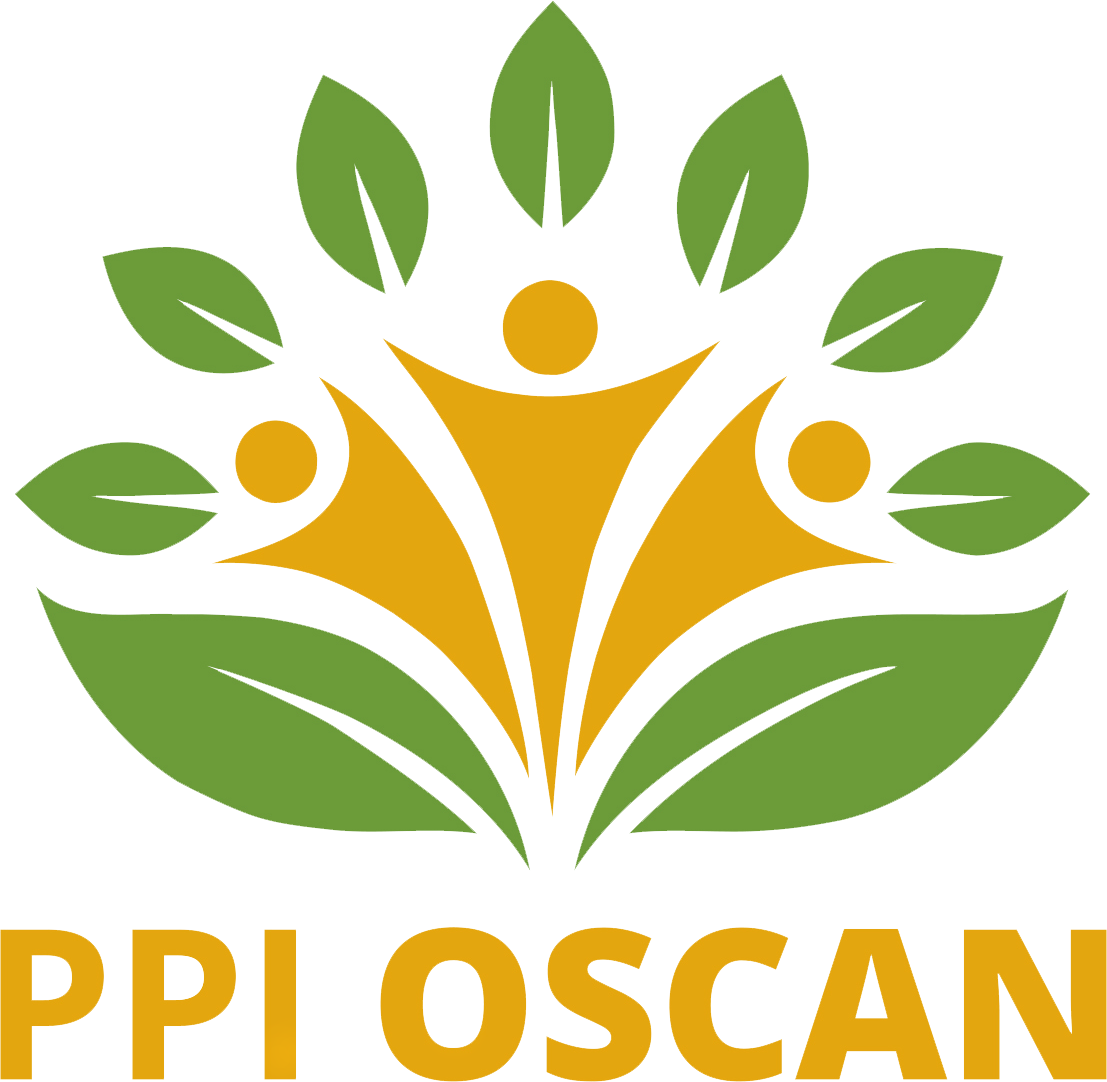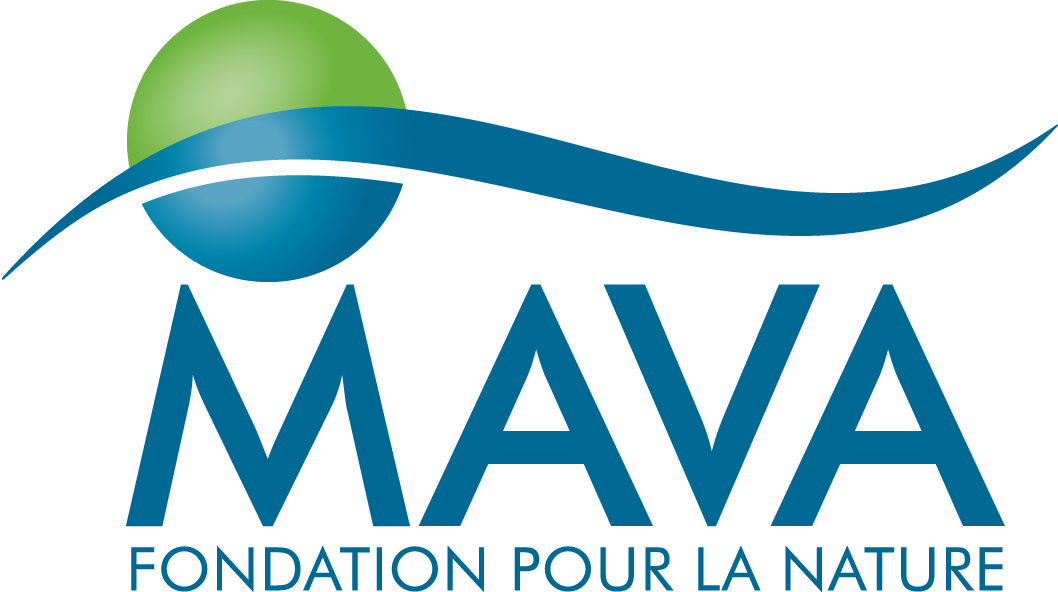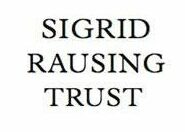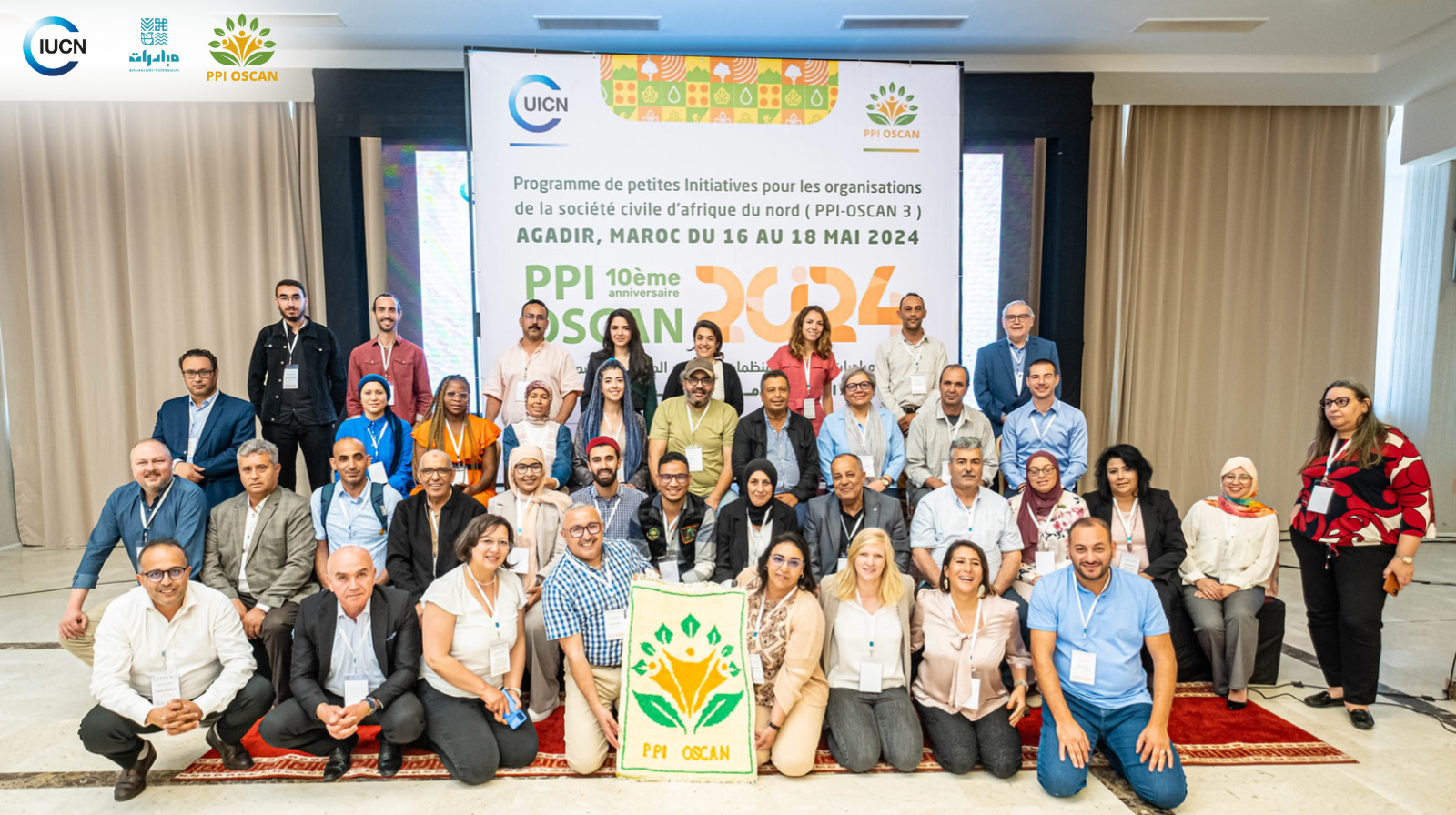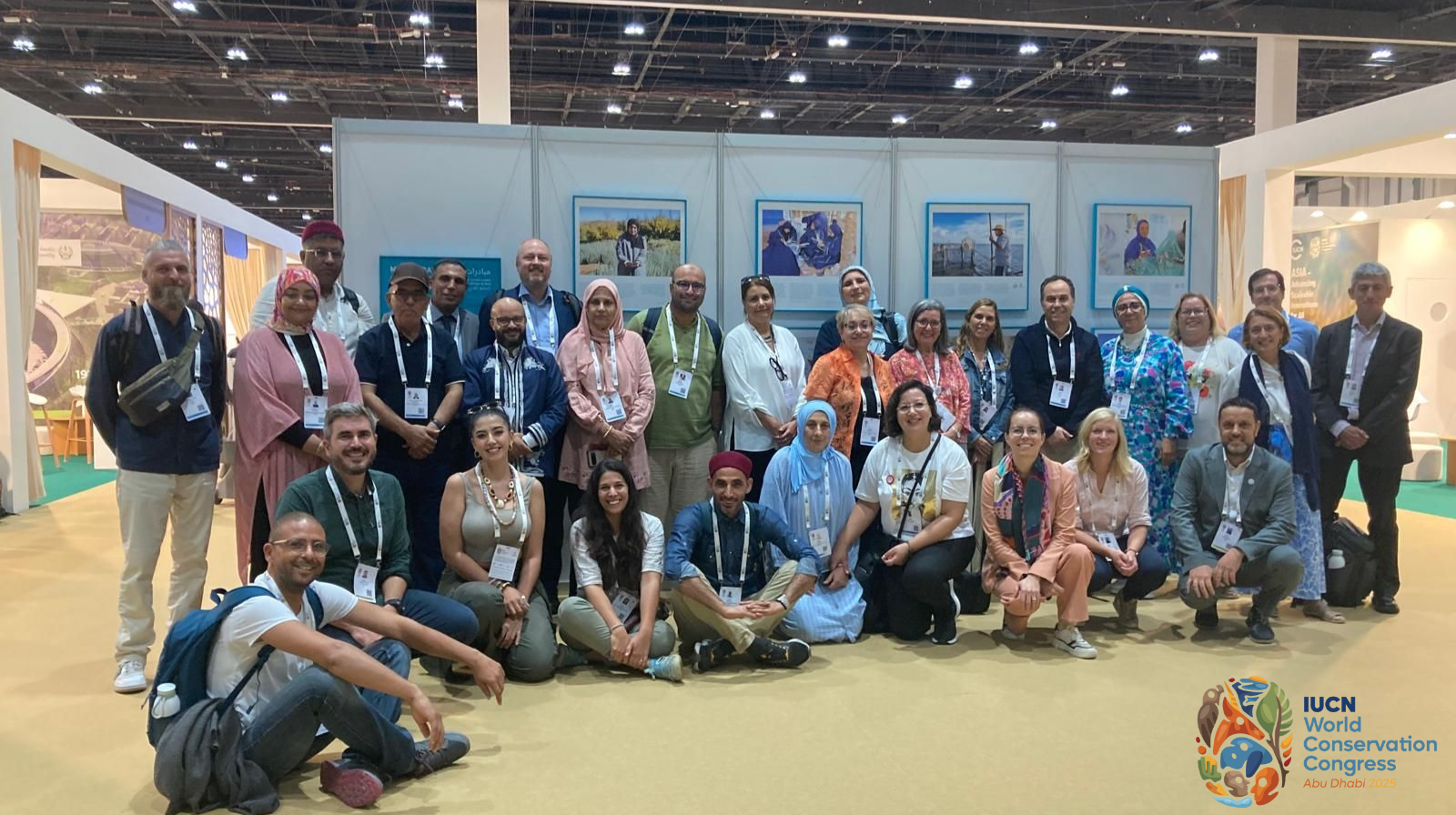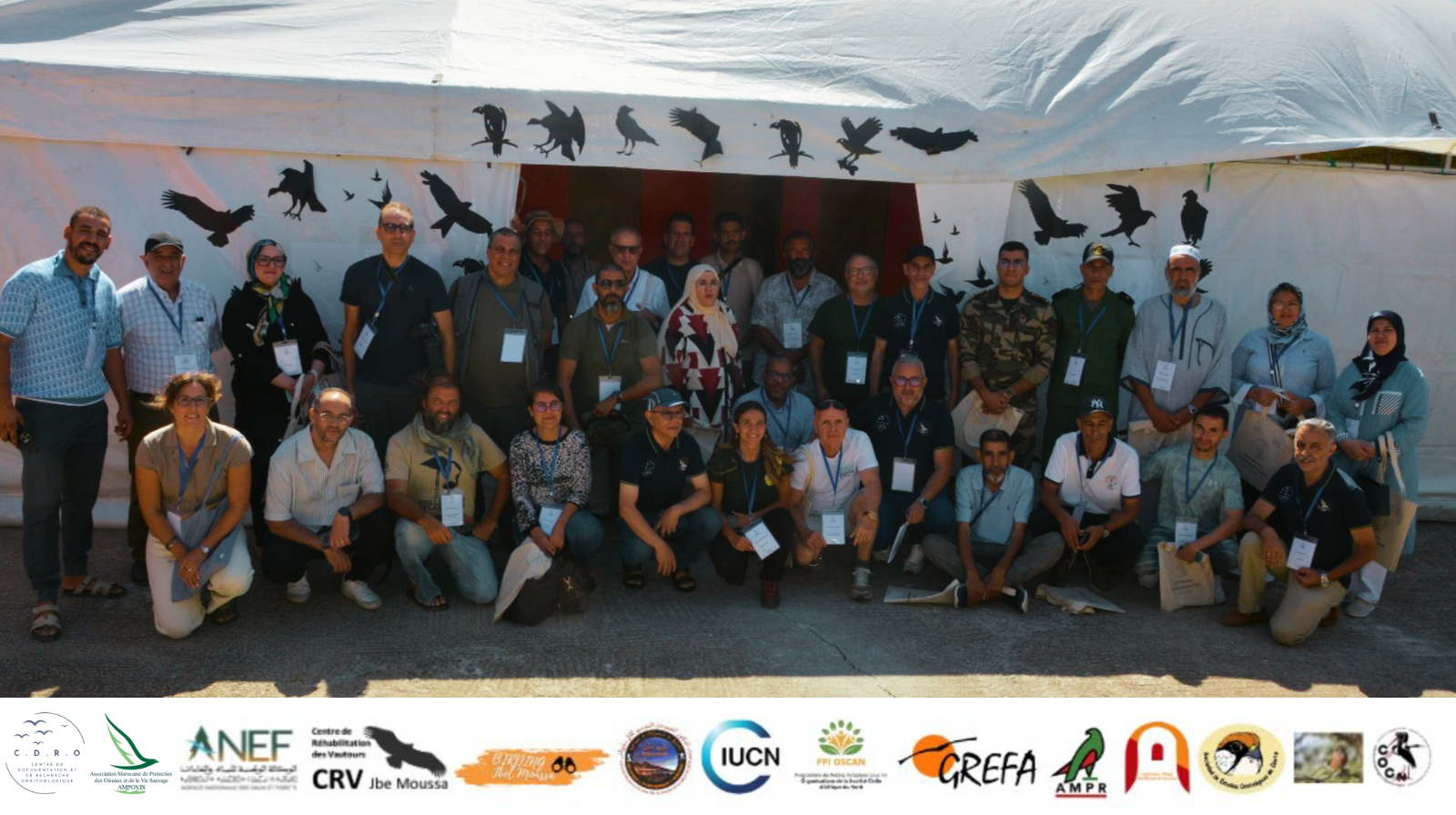Wetlands are ecosystems where water is the primary factor controlling the environment and the associated plant and animal life. Despite covering only about 6% of the Earth’s surface, they represent 40% of all plant and animal species living or reproduction habitats.
In addition to providing habitat, the ecosystem services they offer, such as water regulation, including flood control and water purification, are essential for the survival of populations facing current climate challenges.
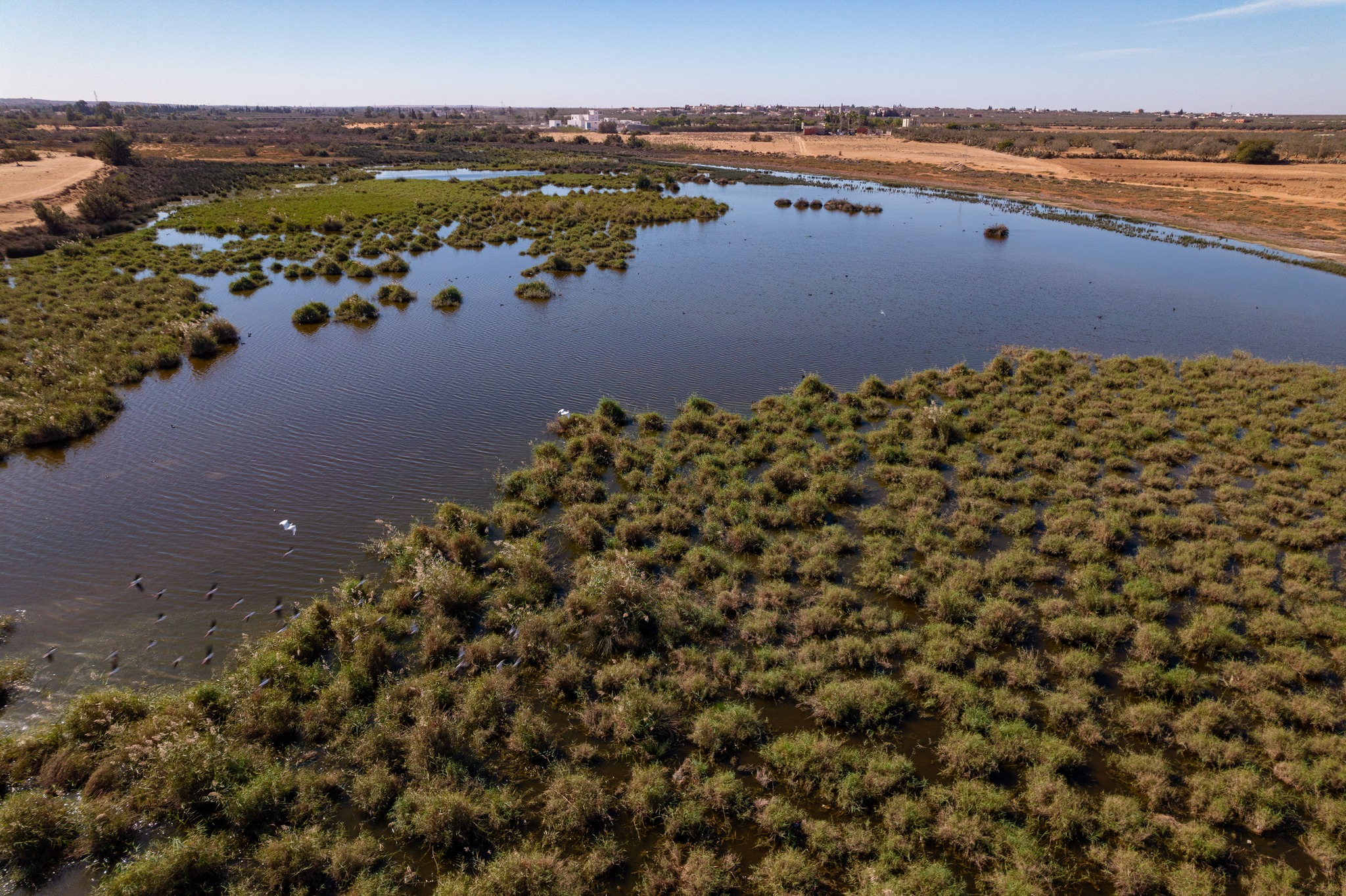
However, it is regrettable to note that wetlands are also among the ecosystems experiencing the most rapid decline, loss, and degradation, three times faster than forests, making them the most threatened ecosystem on the planet. One of the main reasons for this trend is their misconception as wastelands rather than fertile sources of employment and essential ecosystem services. A major challenge is to change mindsets to encourage states and communities to value and highlight them.
This is the mission of the AREMS association in Tunisia, a beneficiary of the PPI OSCAN 3 for its conservation project on the two wetlands of Sabkhet Halk el Menzel (SHM) and Oued Essed (OEs), located in the northern Sahel of Tunisia. Situated on the Africa-Eurasia migration axis, these wetlands represent an essential passage or nesting area for bird species such as flamingos, cormorants, waders, etc.
Despite their conservation status, these wetlands face numerous pressures from urban expansion and increased solid waste dumps. A lack of awareness and income among the local population has also led to poaching and a lack of appreciation for the sites.
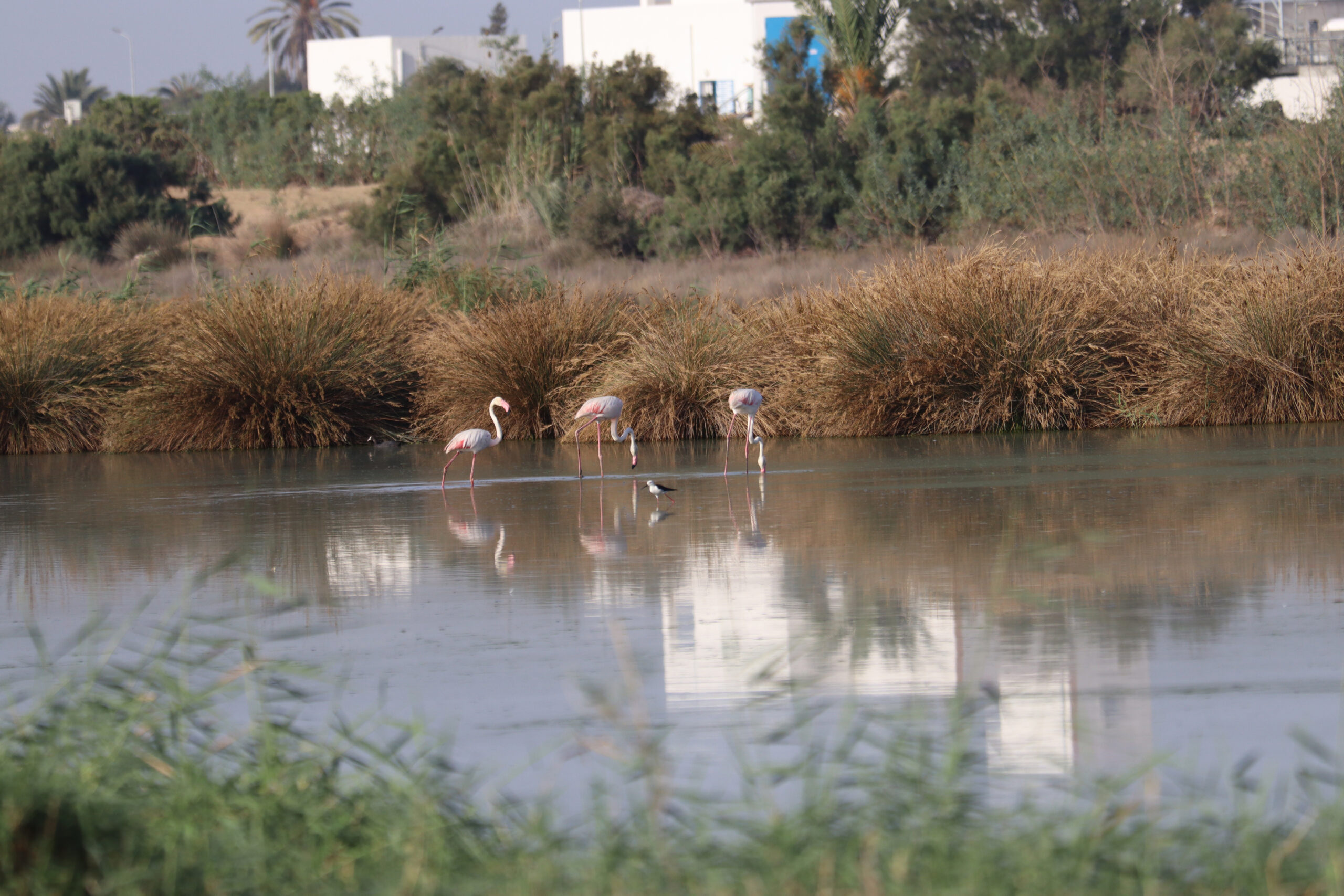 ©AREMS
©AREMS
To face these anthropogenic threats, the association is implementing a participatory approach with local stakeholders to ensure local awareness of the importance of the two wetlands. In recent months, it has organized several guided visits to the sites with students and representatives of relevant institutions to demonstrate the richness of local fauna and the existing threats. The association also invited students from the Faculty of Sciences in Monastir, specializing in chemistry and the environment, to present the impacts of treated water discharged into the wetland.
As part of the project, water quality sampling was conducted for three months. The results showed a significant increase in water salinity, suspended matter from treated water discharges, and nitrate content. This chemical alteration of water not only affects its ecosystem services but also leads to significant changes in bird populations. With these results, the association hopes to advocate for better protection of the wetland.
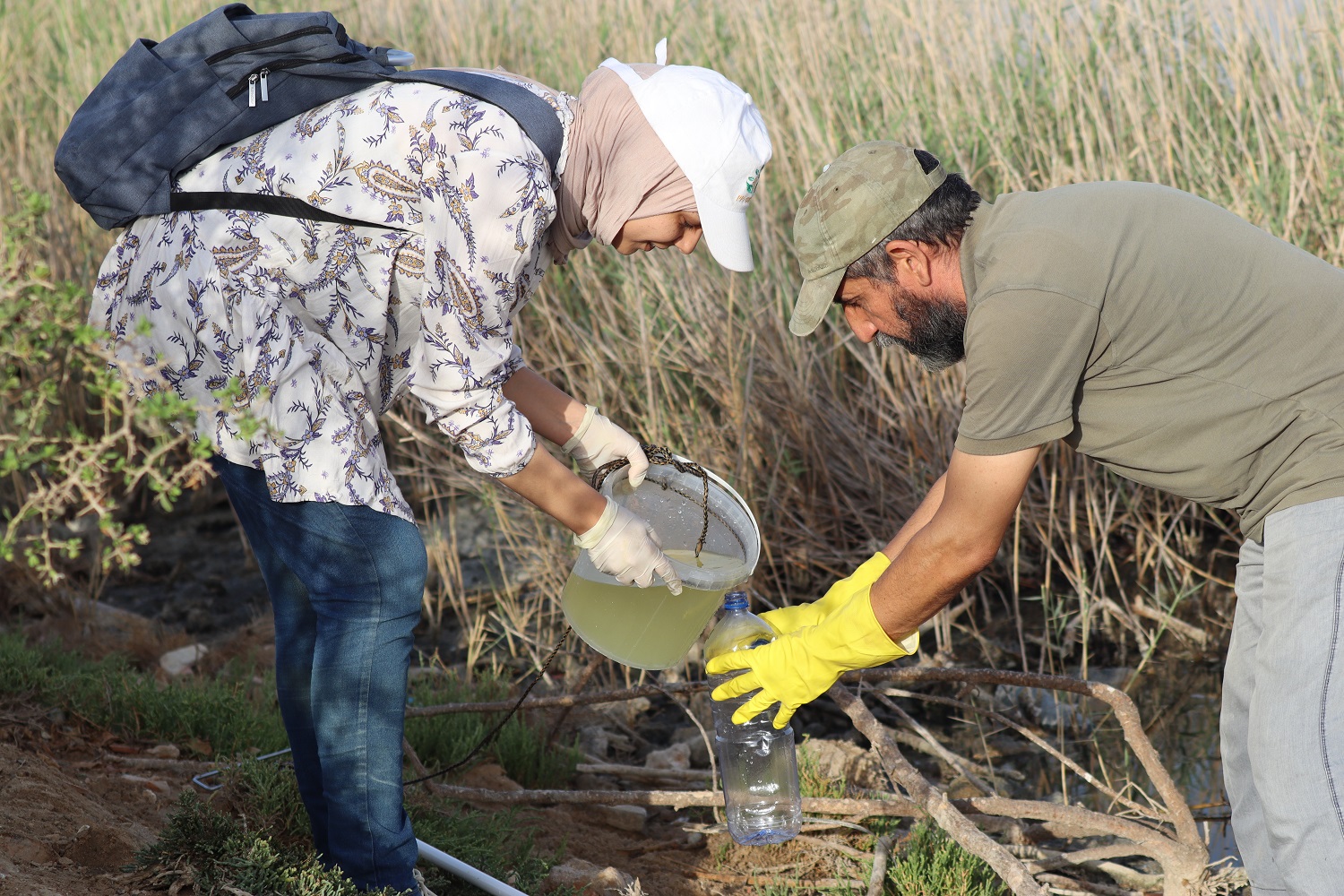
©AREMS
This project is executed within the PPI OSCAN 3 program, coordinated by the Mediterranean Cooperation Centre of IUCN and co-financed by the French Global Environment Facility, the Mava Foundation and the Sigrid Rausing Trust Foundation. To know more about the 27 PPI OSCAN 3 projects in Libya, Morocco and Tunisia: 5.Projets – MUBADARAT (mubadarat-uicn.org)
